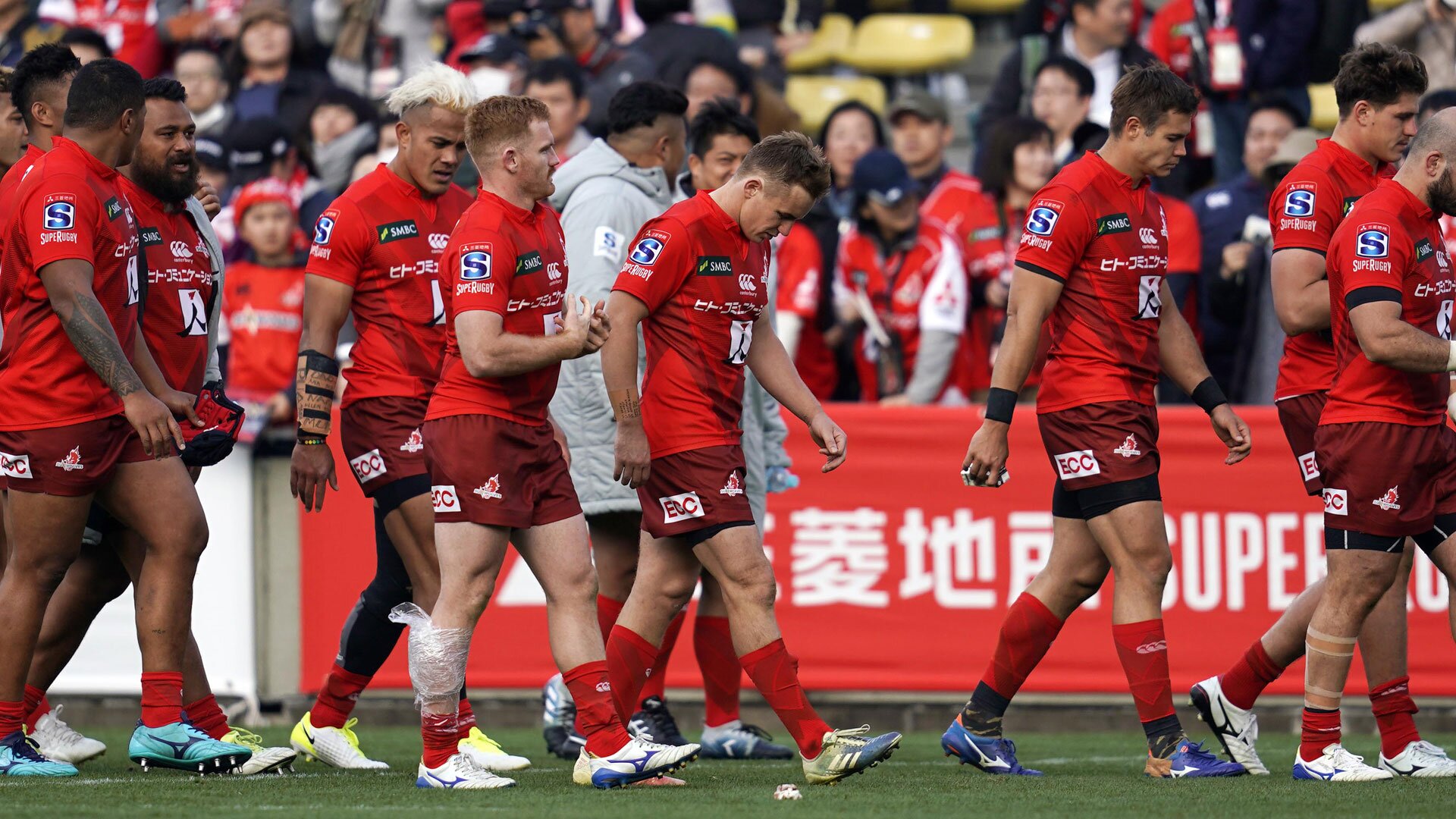South Africa main perpetrator in axing financially unsustainable Sunwolves - report

South Africa are believed to be the main country in the SANZAAR association pushing for the removal of the Japanese based Sunwolves, reports The Daily Telegraph.
It is expected that SANZAAR will announce on Friday that the Sunwolves will be removed from Super Rugby only three years after their inclusion. As part of more revamping, Super Rugby will abolish the conference system and return to a round-robin format where everyone plays each other once.
The pressure from the South African union was ultimately too much, as they reportedly threatened financial penalties to Rugby Australia and New Zealand Rugby. The South African teams have been vocal about their displeasure in travelling to Singapore and Japan to play the Sunwolves in the past.
All of the teams have been financially supporting the Sunwolves to prop up the team in the hope that the franchise would lure investment from the Asian market. The end goal was to obtain funding from Japanese companies to become independently sustainable but that has not happened after three seasons.
Australia and New Zealand were keen to persist with the team as part of long-term growth into Asia for the Super Rugby competition, but the South Africans were opposed.
Concerns abate over what kind of team the Sunwolves will field in 2020, the last season under the current broadcast deal.
With the Japanese Top League running two editions in the calendar year, the 2019/20 season will overlap with Super Rugby in 2020 meaning many top Japanese players will be unavailable. The Sunwolves will have to field its players from available ex-pat rejects from other countries.
This could lead to a disastrous final season for the Sunwolves who have finally found some notion of competitiveness in 2019. The axing of the Japan franchise on the eve of the Rugby World Cup in Japan is also a bad look for SANZAAR.
The rapid expansion of the Super Rugby competition has almost completely come undone, with the competition set to field 14-teams again. This will mean less games for players but also potentially less broadcast revenue for unions.















